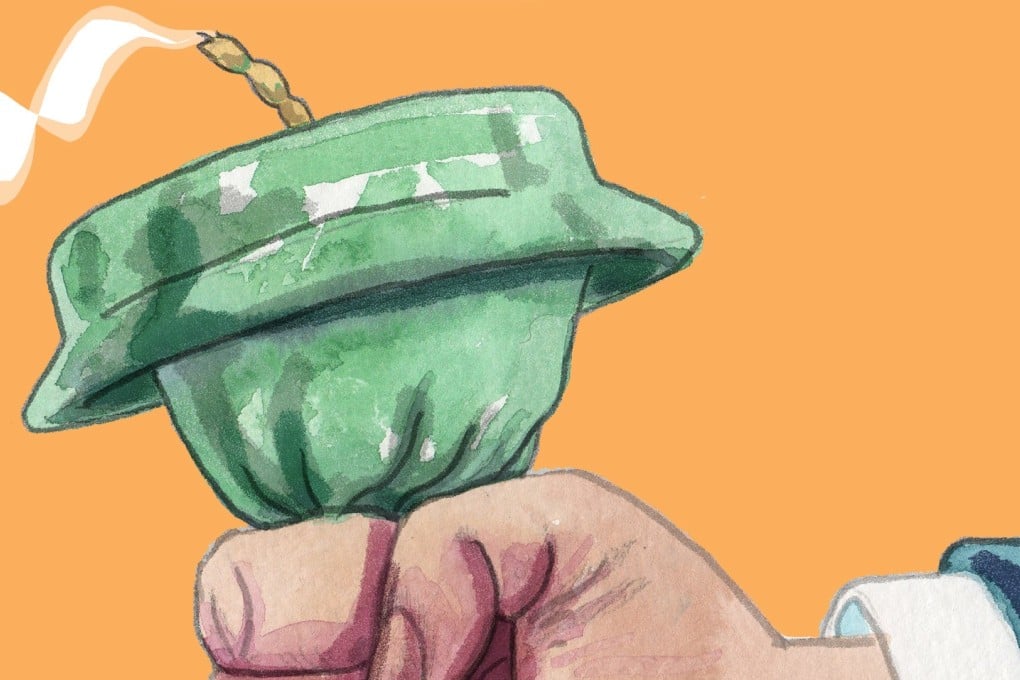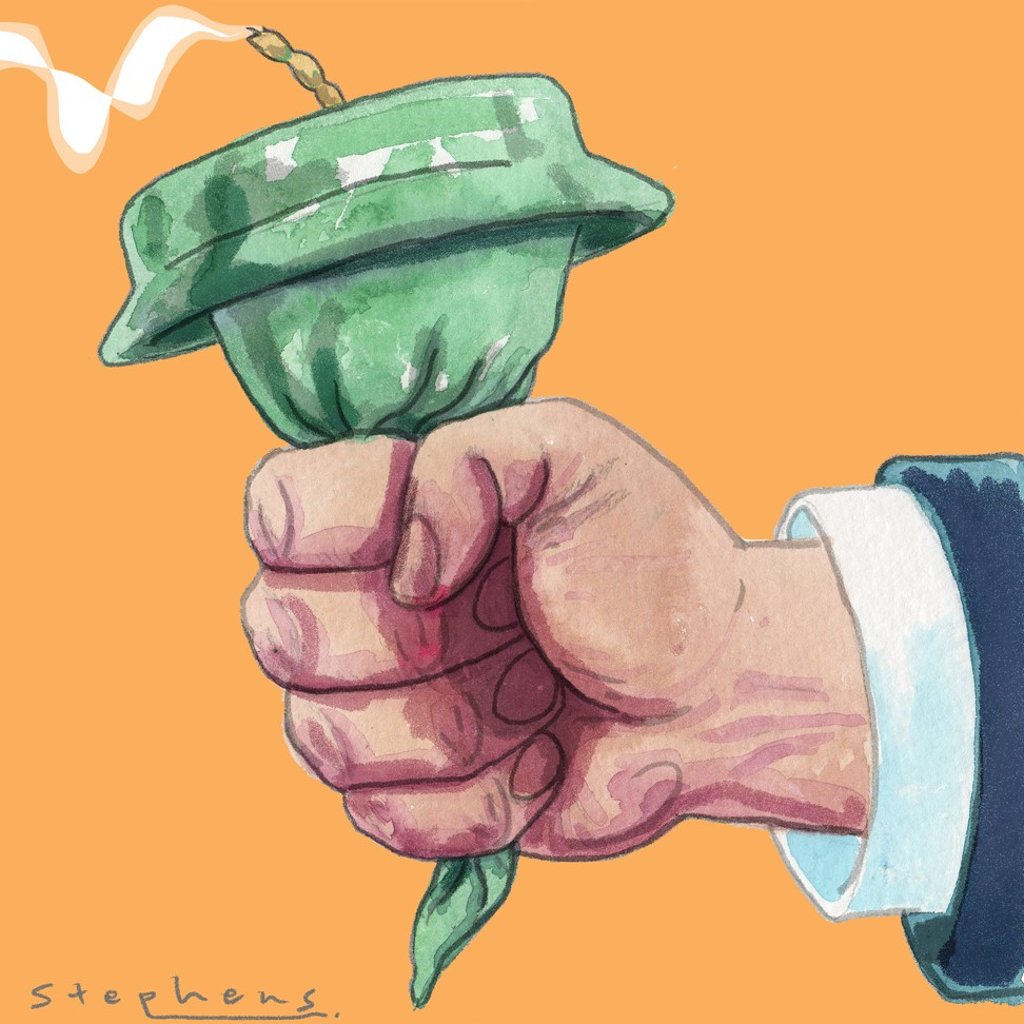Advertisement
For Asean at 50, the fate of democracy hangs on the failings of its strongman leaders
Mark R. Thompson says its brief foray into openness over, Asean appears to have returned to being a bloc of ‘strong leaders’, with democracies breaking down or becoming highly illiberal. Cronyism and incompetence among its strongmen is the only hope
Reading Time:4 minutes
Why you can trust SCMP

Advertisement
Cambodian strongman Hun Sen held an elaborate religious ceremony in Angkor Wat earlier this month, lauding “political stability” in the country in an attempt to legitimise his rule after banning the major opposition party. It was further evidence that the 50th anniversary celebrations of Asean were not going entirely according to plan.
The success of the 10-nation bloc had been celebrated just months earlier by the influential Singaporean academic Kishore Mahbubani, who saw in it reason for optimism amid “troubled times” around the globe, because the Association of Southeast Asian Nations had brought “peace and prosperity” to a region that was once plagued by poverty and conflict.
Yet there have been plenty of negative headlines about Southeast Asian countries during Asean’s semicentennial – the ethnic cleansing of over 600,000 Rohingya in Myanmar, the bloody “war on drugs” in the Philippines, the jailing of the Christian and ethnic Chinese former Jakarta governor Basuki Tjahaja “Ahok” Purnama on flimsy blasphemy charges, and “kleptocratic” rule in Malaysia (as even US attorney general Jeff Sessions characterised it earlier two weeks ago).
Ahok’s trial seen as a test for religious tolerance in Indonesia
Mahbubani pointed to the role of former “strong leaders” in holding the regional organisation together – president Suharto of Indonesia, Malaysian prime minister Mahathir Mohammed, and Singapore’s Lee Kuan Yew (omitting another key but unsavoury ex-leader, Philippine president Ferdinand Marcos).

Advertisement
